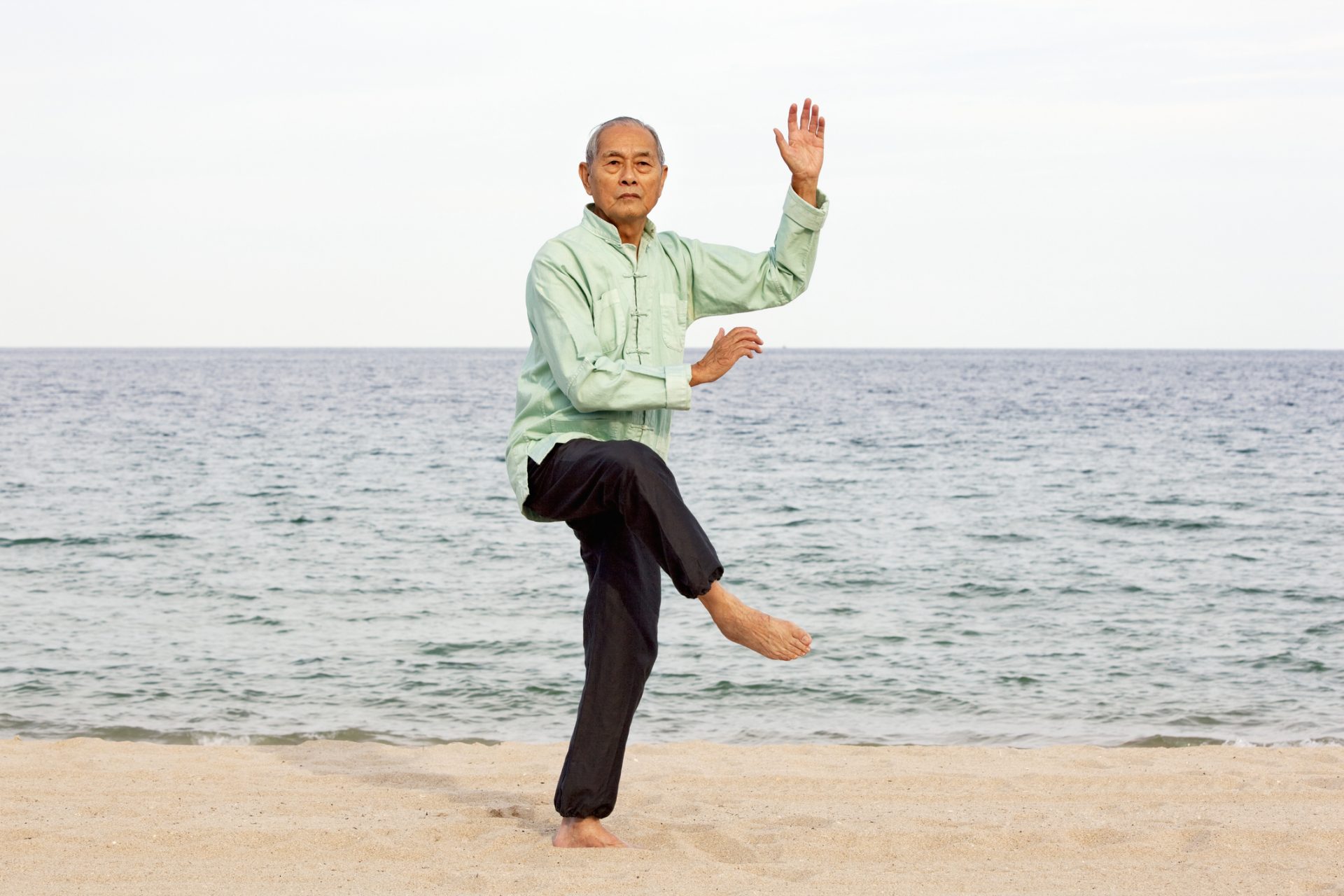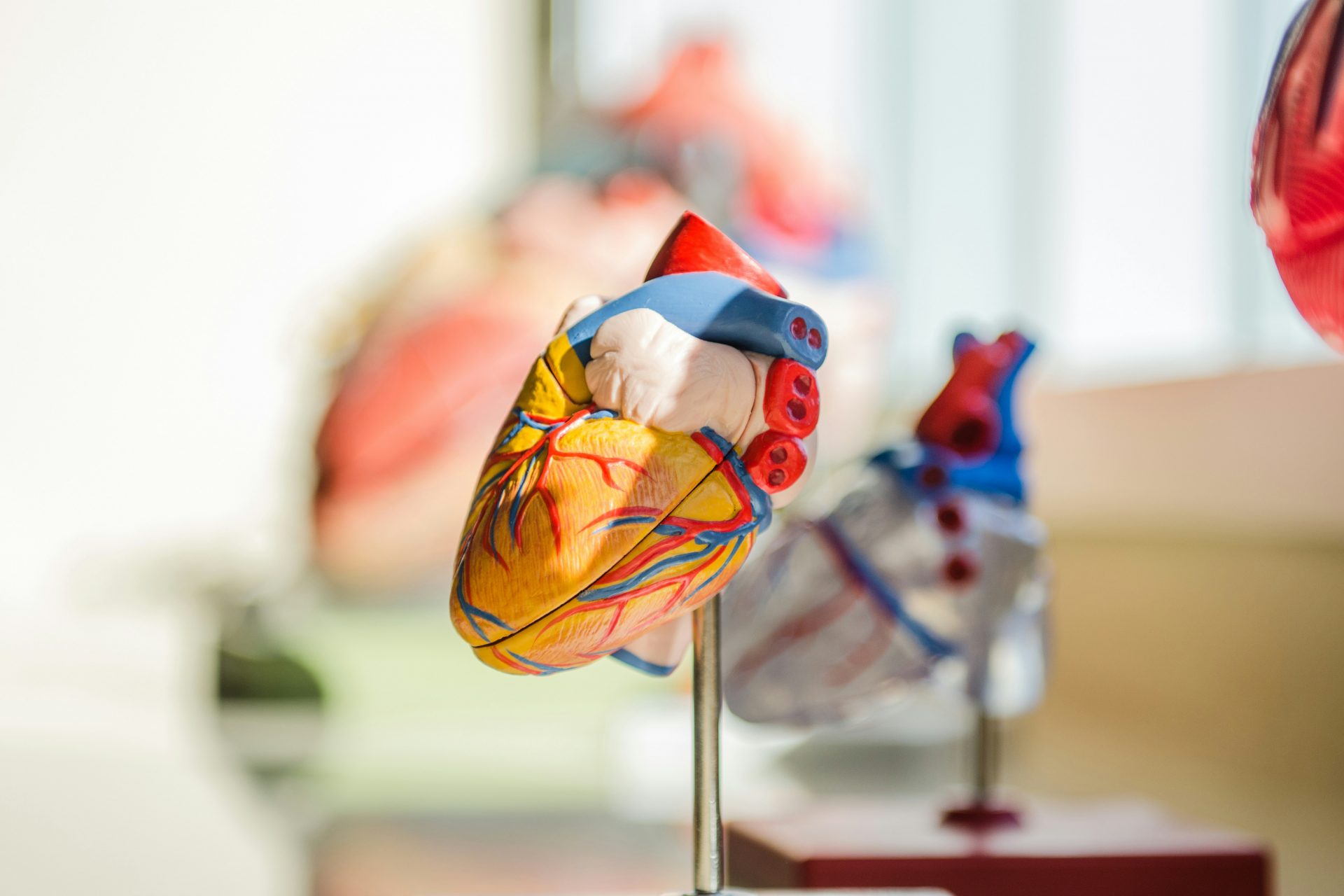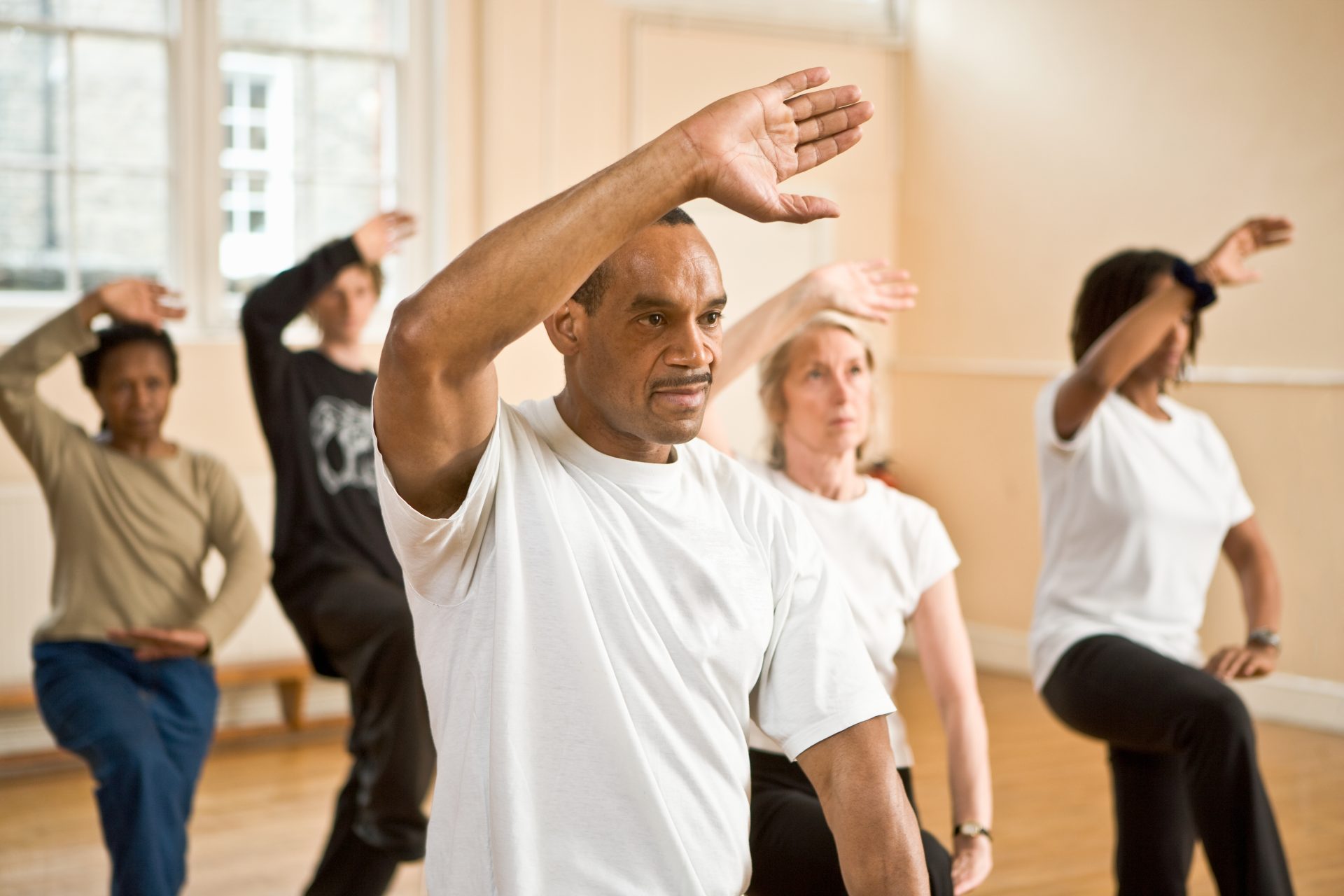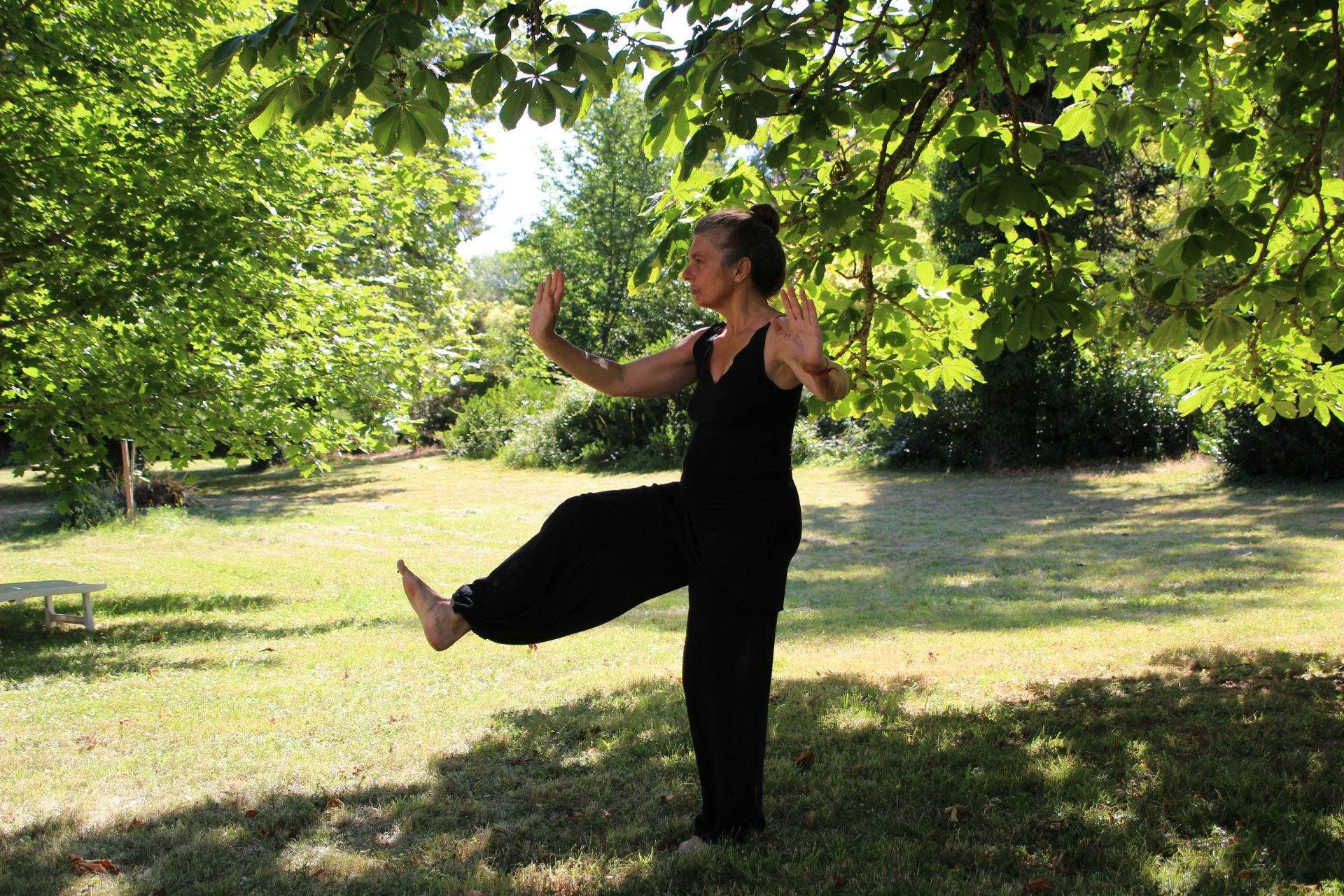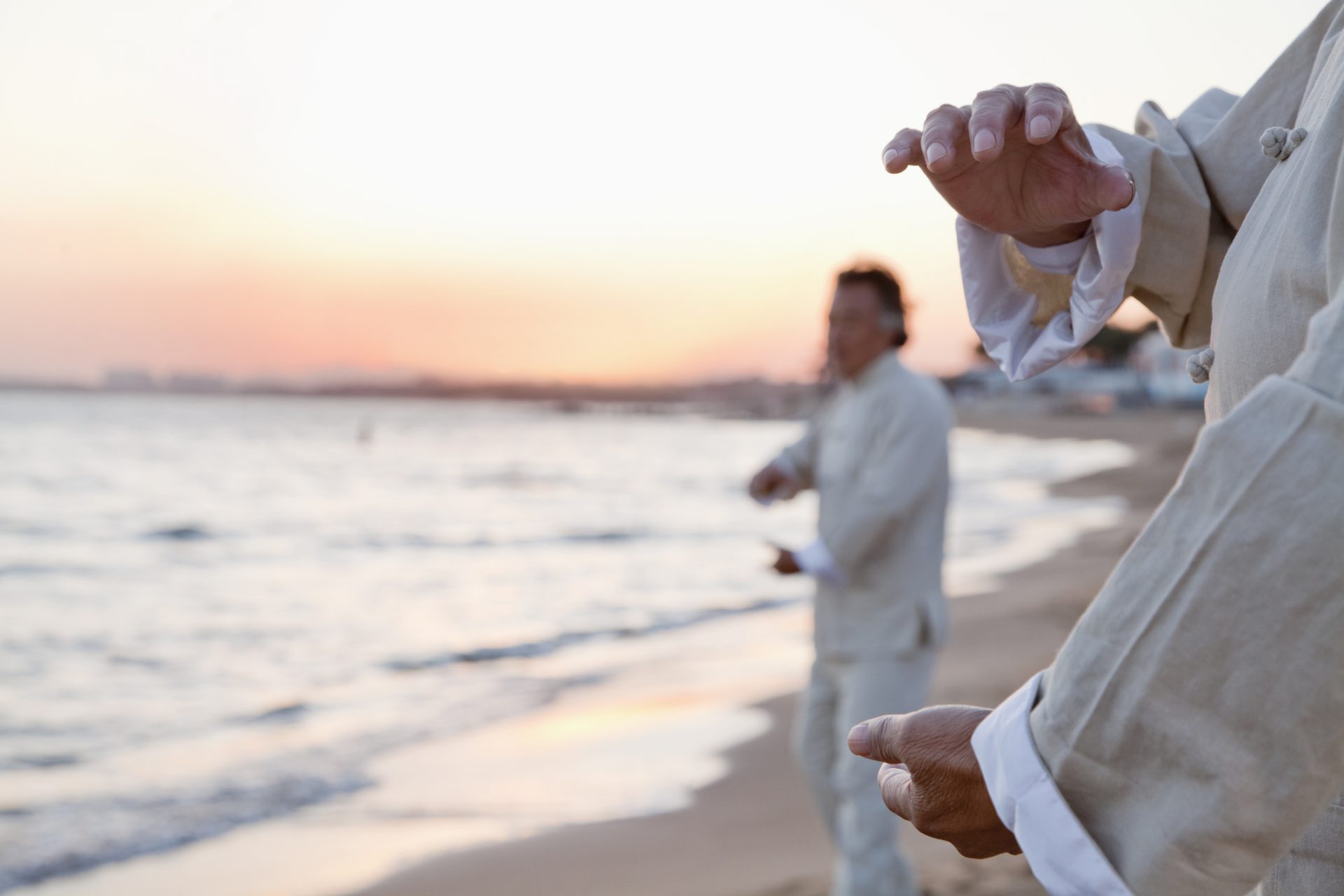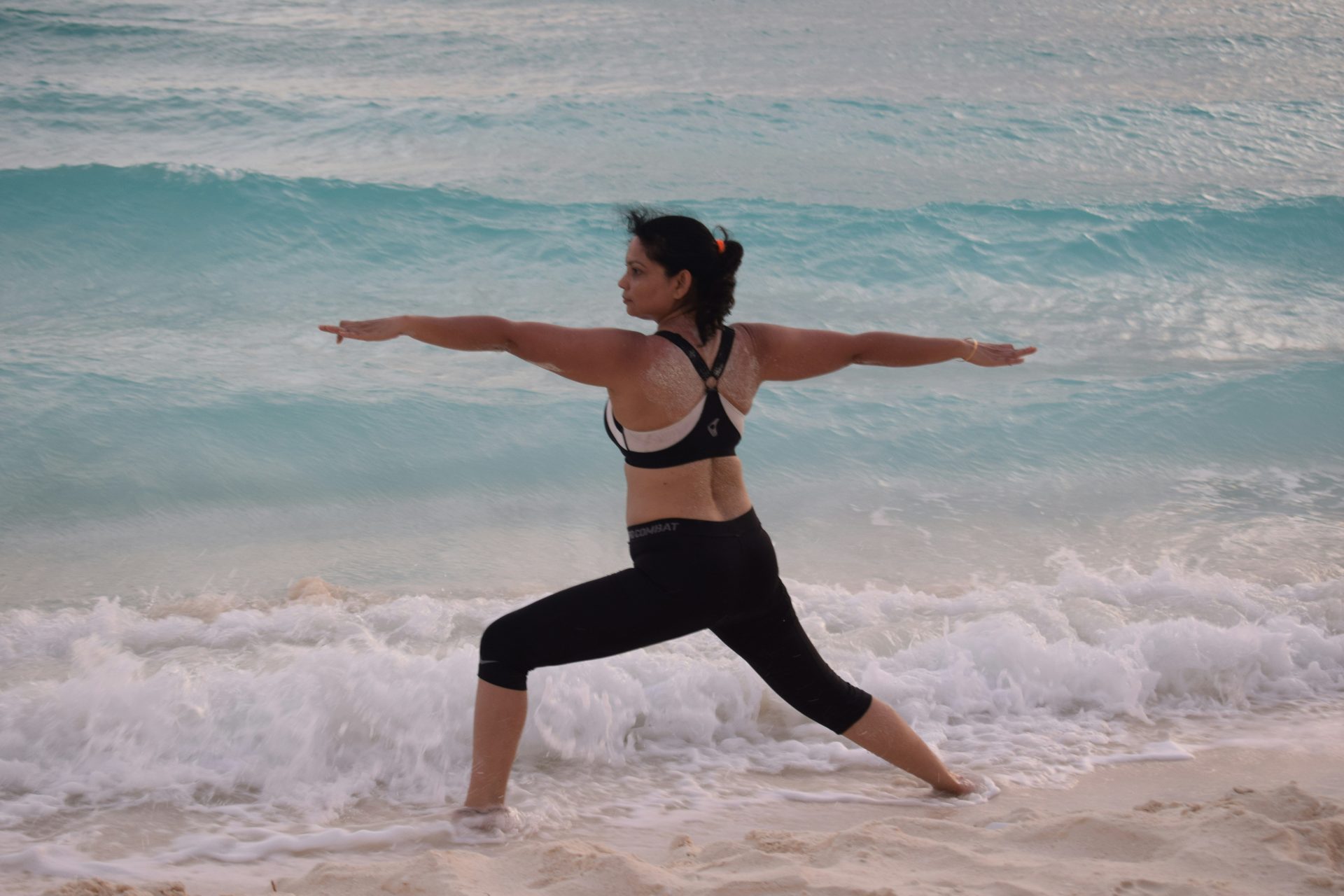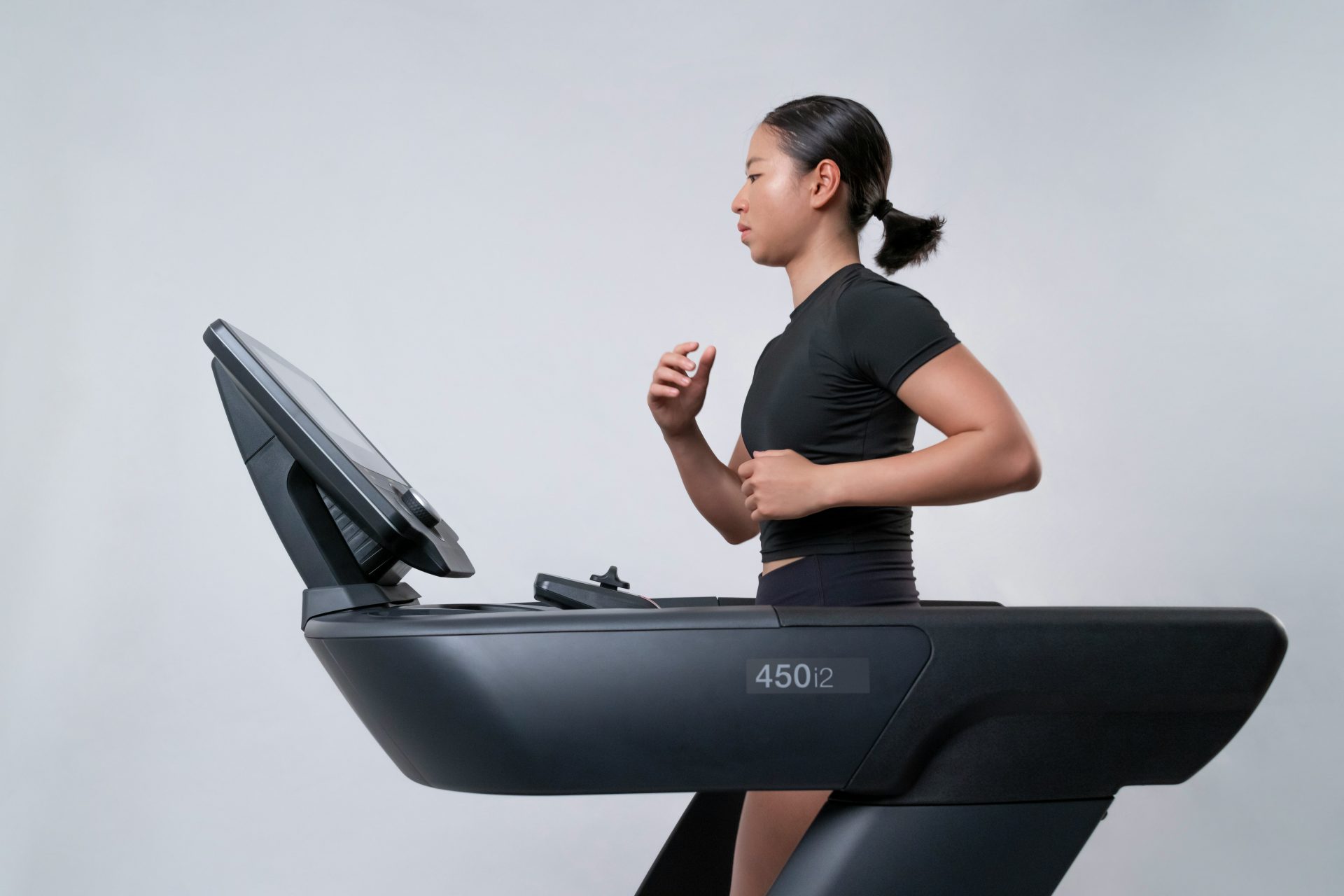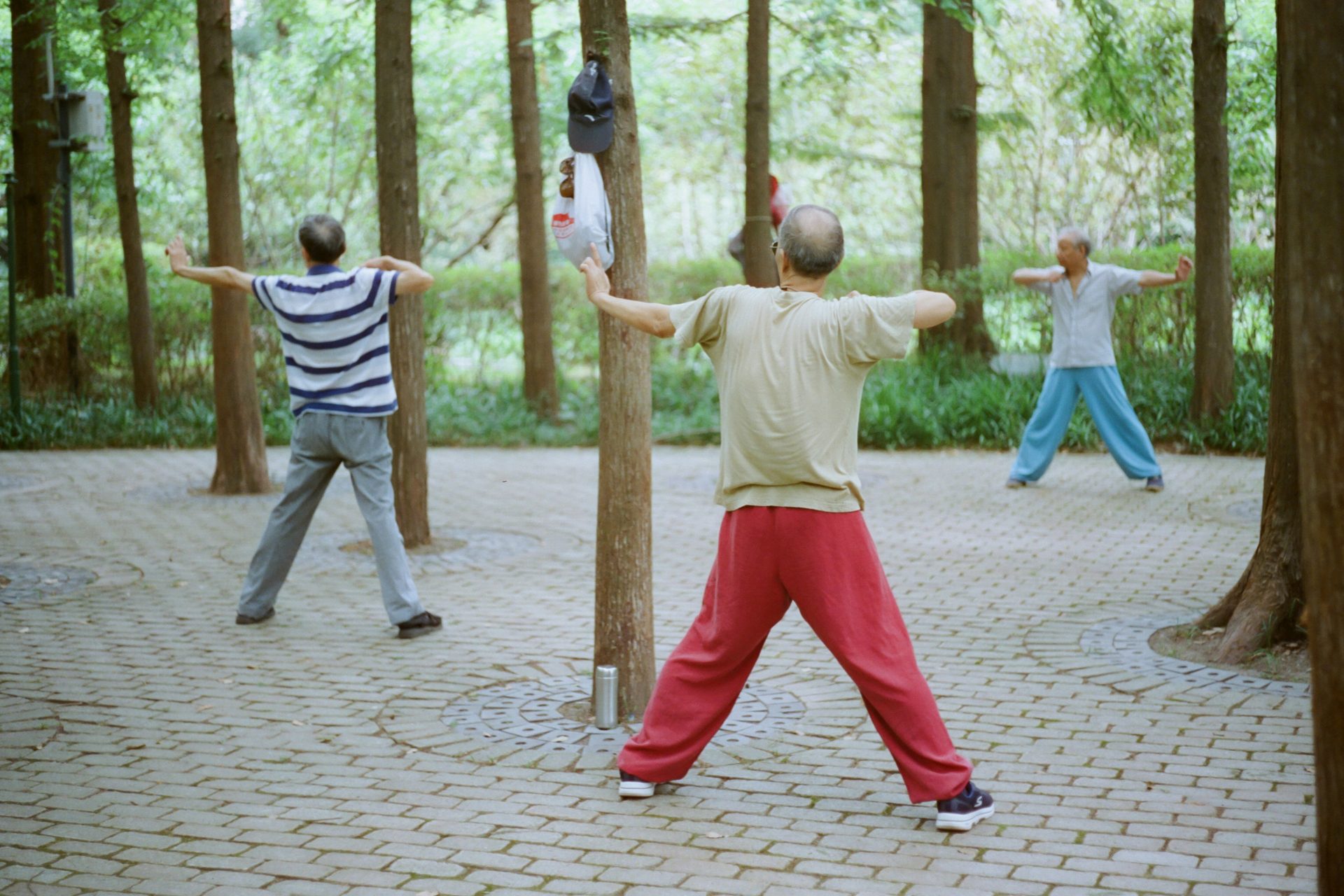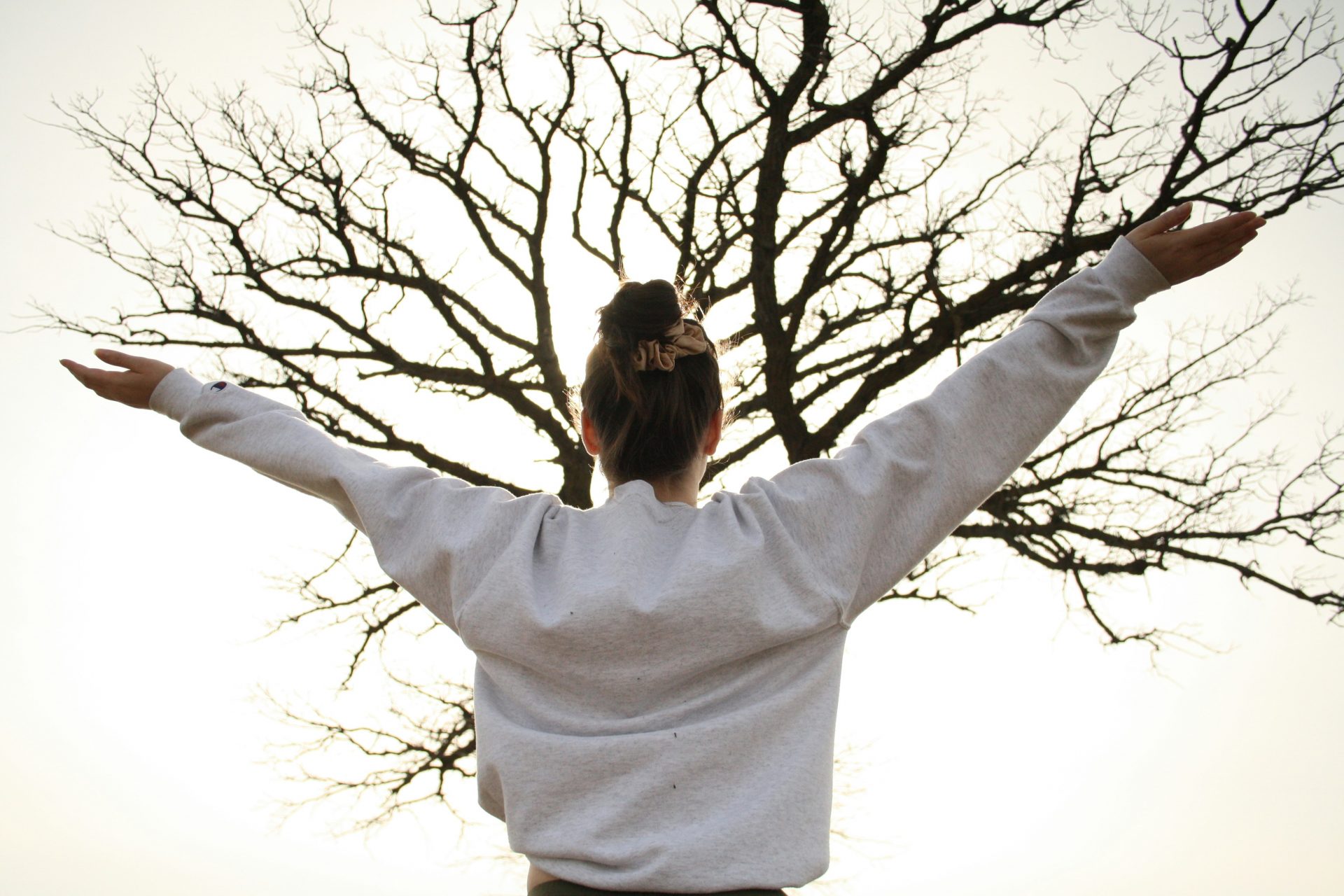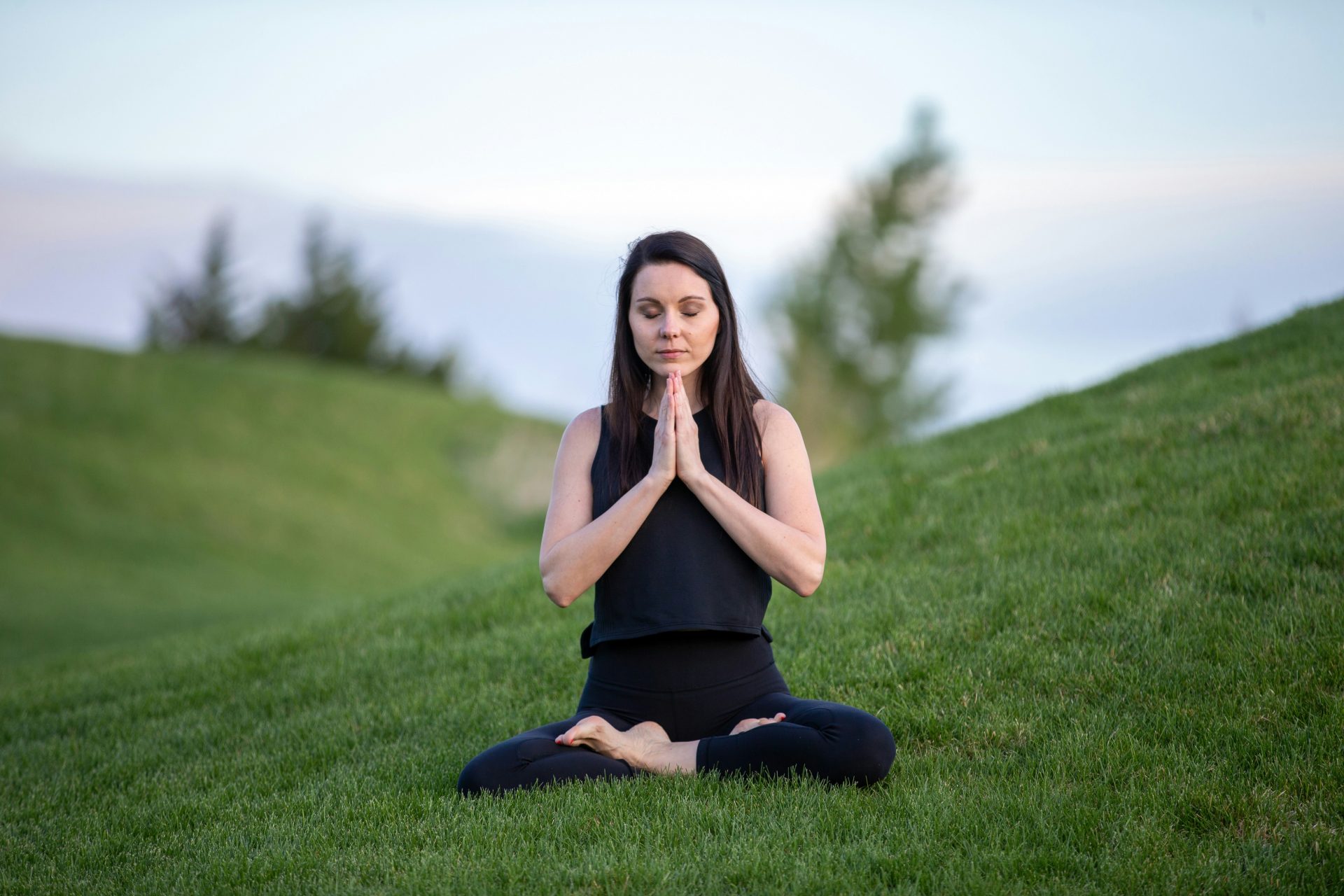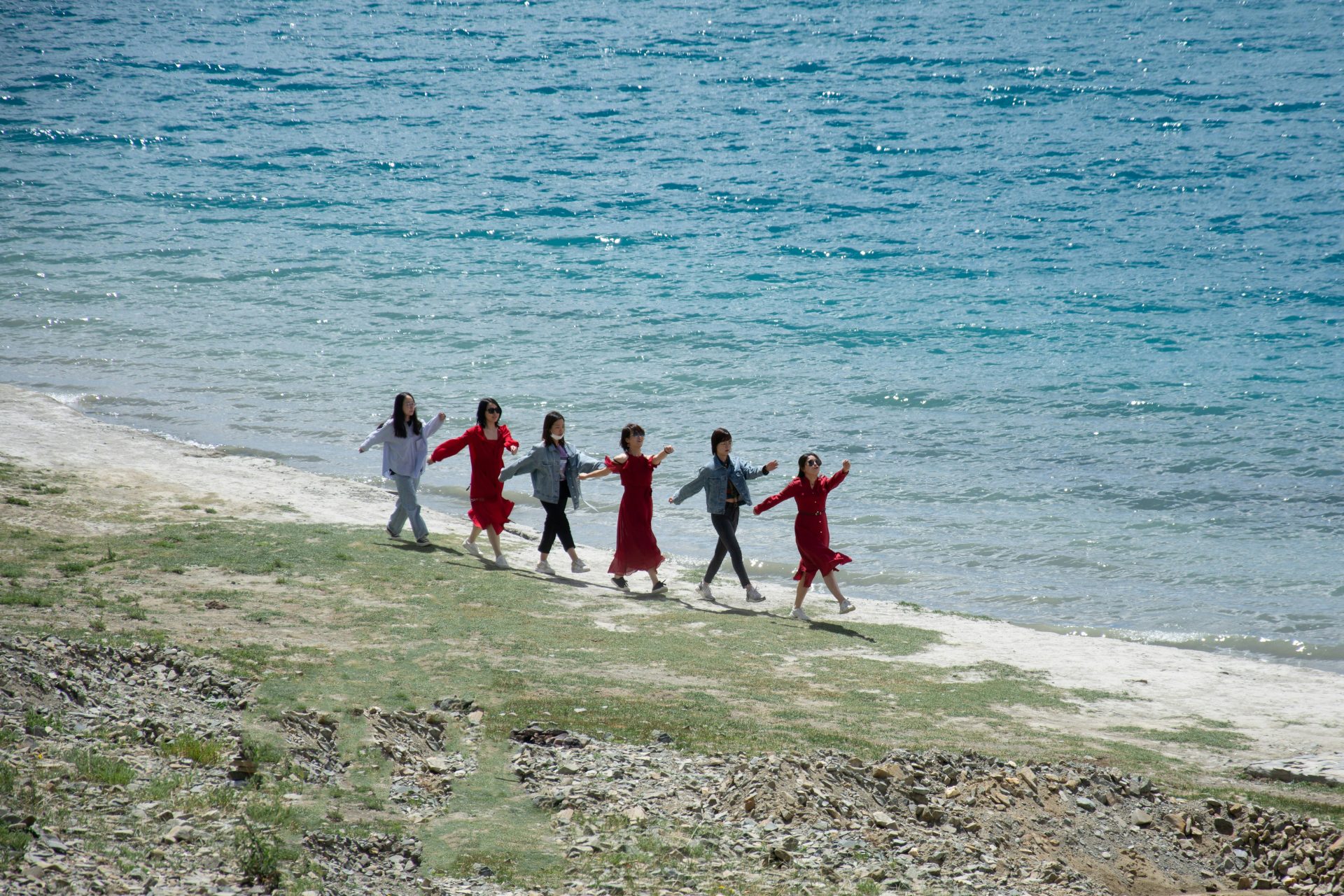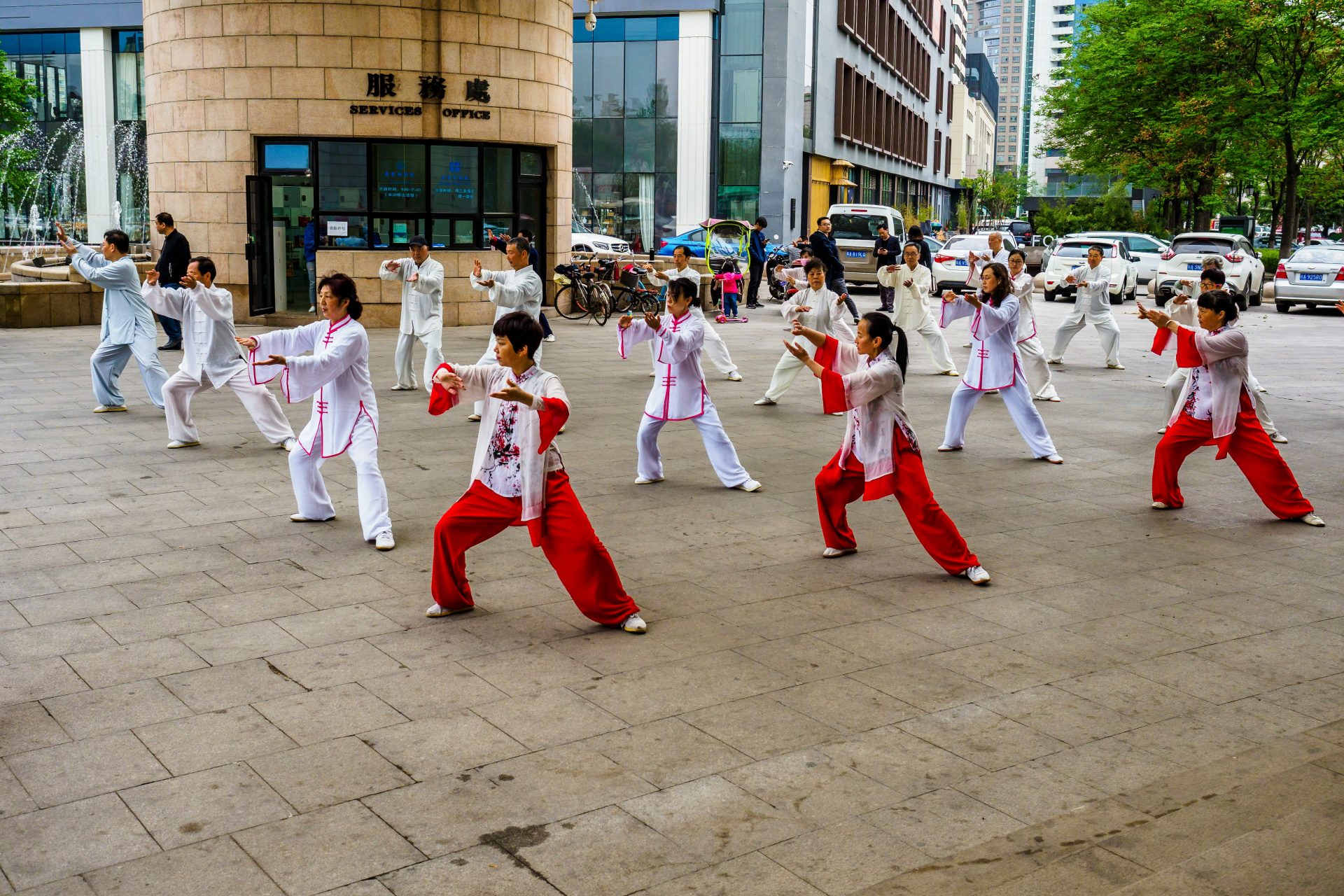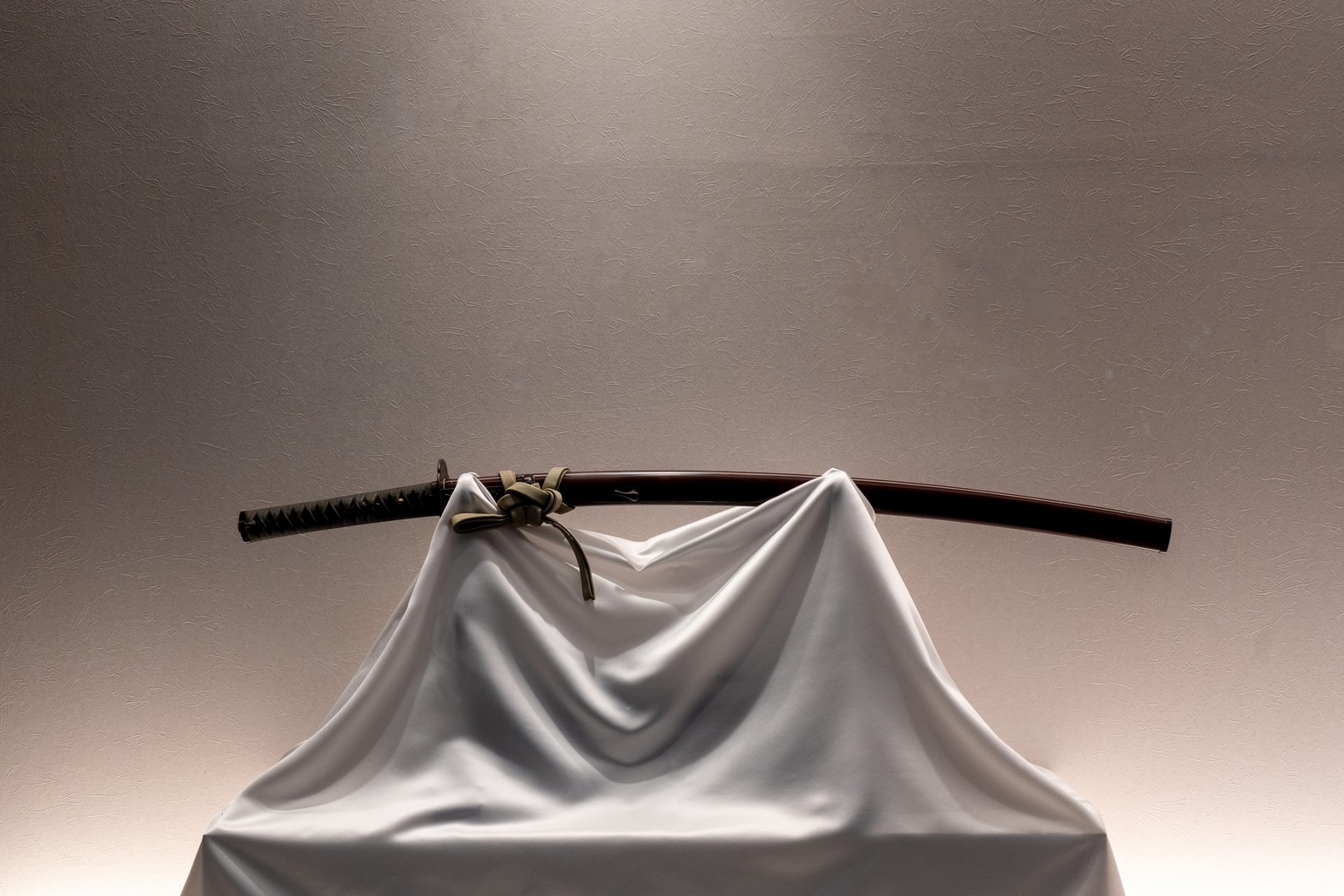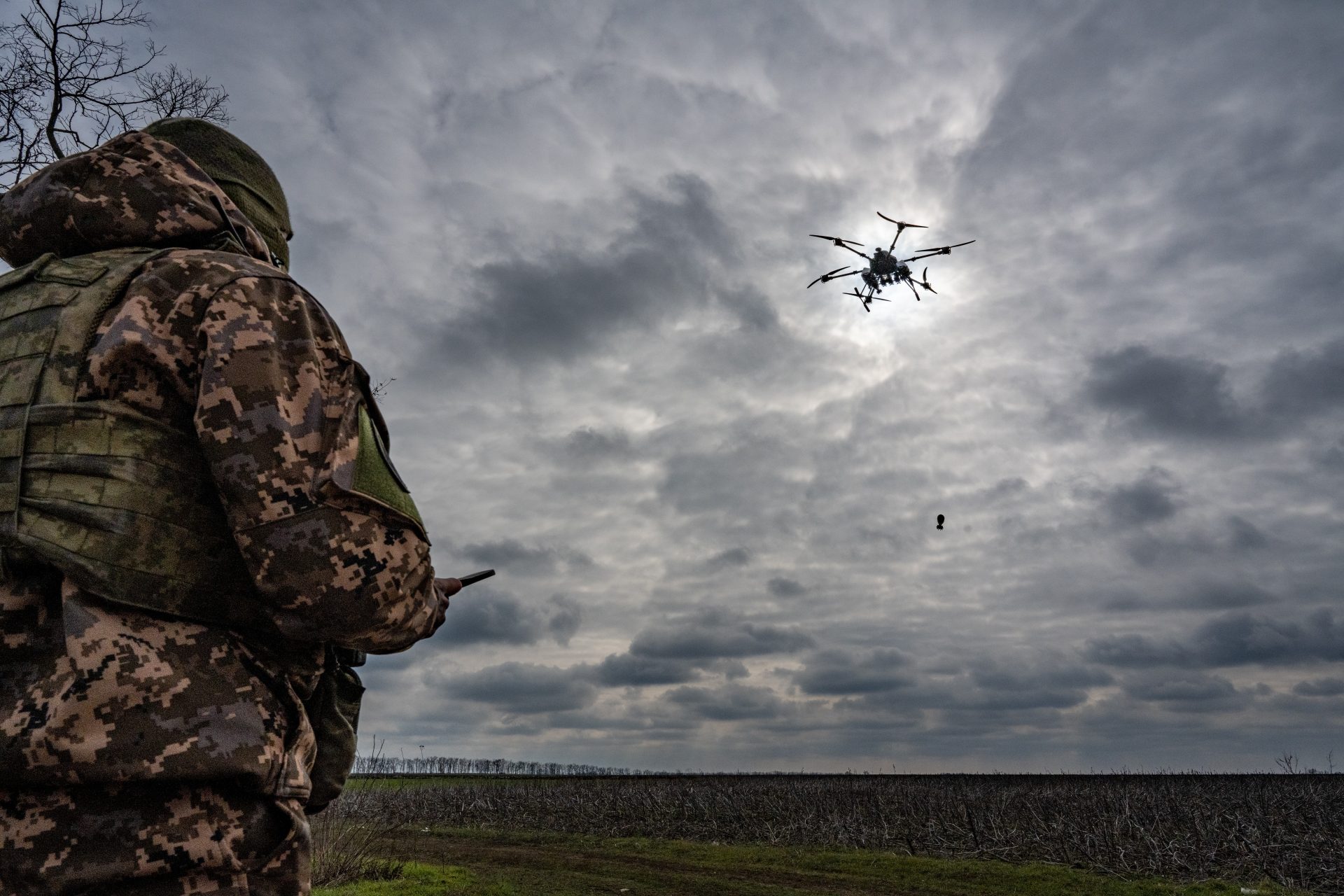Tai Chi is better at lowering blood pressure than aerobic exercise study finds
You might think vigorous aerobic exercise is the best way to reduce your blood pressure but new research suggests there is another form of physical activity that can do a better job of helping people with prehypertension: Tai Chi.
Prehypertension is the clinical blood pressure that’s higher than normal but not high enough to be considered hypertension according to NPR, and it's a big warning sign that heart disease could be around the corner for some.
Managing your blood pressure is essential to ensuring a healthy heart and long life, and one of the best ways to reduce your risk of high blood pressure is by keeping your weight low and making sure you exercise regularly.
Photo by jesse orrico on Unsplash
The Mayo Clinic recommends 30 minutes of moderate physical activity each day but a new study published in the journal JAMA Networks Open suggests your time might be better spent practicing the ancient martial art of Tai Chi.
Tai Chi is often described as “meditation in motion” according to Harvard Health but the practice is really just the marriage of low-impact, slow-motion exercise that adds in deep breathing and deep focus with bodily movement.
Photo by Monica Leonardi on Unsplash
“The movements are usually circular and never forced, the muscles are relaxed rather than tensed, the joints are not fully extended or bent, and connective tissues are not stretched,” Harvard Health wrote, which makes it an accessible form of exercise for all.
There is a growing body of research suggesting Tai Chi has a number of health benefits and these range from increasing a person’s muscle strength and flexibility to improving one’s aerobic conditioning and balance.
Photo by Anubha Walia on Unsplash
Aerobic condition is the health factor we’re interested in looking at since the new research found that a group of prehypertensive adults were able to drop their blood pressure significantly.
Researchers in China divided a group of 342 hypertensive adults into two groups, one tasked with doing an hourlong Tai Chi session 4 times a week, and the second group cycled, walked, jogged, or climbed stairs in supervised 1-hour sessions 4 times a week.
Photo by Intenza Fitness on Unsplash
After twelve months, the group doing one-hour Tai Chi sessions four times a week were able to drop their blood pressure and nearly 22% of the group saw their blood drop to a normal range compared to 16% of participants in the aerobic exercise group.
Photo by Derek Lee on Unsplash
Moreover, fewer patients in the Tai Chi group went on to develop hypertension than did those in the other group. This led researchers to conclude that “Tai Chi may help promote the prevention of cardiovascular disease in populations with prehypertension.”
Previously published in the National Library of Medicine in 2018 revealed that Tai Chi was a more effective exercise when it came to reducing cardiovascular disease than brisk walking, and one expert not affiliated with either study explained why Tai Chi was effective.
"It [Tai Chi] kind of helps to just relax everything, and I think it's that response that's working towards lowering blood pressure," Ruth Taylor-Piliae of the University of Arizona’s College of Nursing told NPR’s Maria Godoy.
Photo by Dharshatharan Jayatharan Aronan on Unsplash
Taylor-Piliae explained that Tai Chi has a kind of meditative aspect to it that other forms of aerobic exercise do not. She also noted the ancient practice doesn’t require any type of special equipment or clothing.
Photo by Benjamin Child on Unsplash
"Once you learn Tai Chi, you can do it anytime, anyplace, anywhere. And it does kind of provide that calming, relaxing" effect, Taylor-Piliae explained. However, other experts did caution that the study’s results should be put in their proper context.
Photo by Kevin Olson on Unsplash
Dr. Rigved Tadwalkar of Providence Saint John’s Health Center told Medical News today that the Tai Chi study was “rather small” and that more research into the topic was needed before any definitive claims could be made.
Photo by Leon P on Unsplash
“Ultimately, Tai Chi may join forces with established methods to offer a personalized approach to blood pressure management and overall well-being,” Tadealker also explained, but stressed an individualized and tailored patient plan was always needed.
Photo by Alexander Schimmeck on Unsplash
More for you
Top Stories



